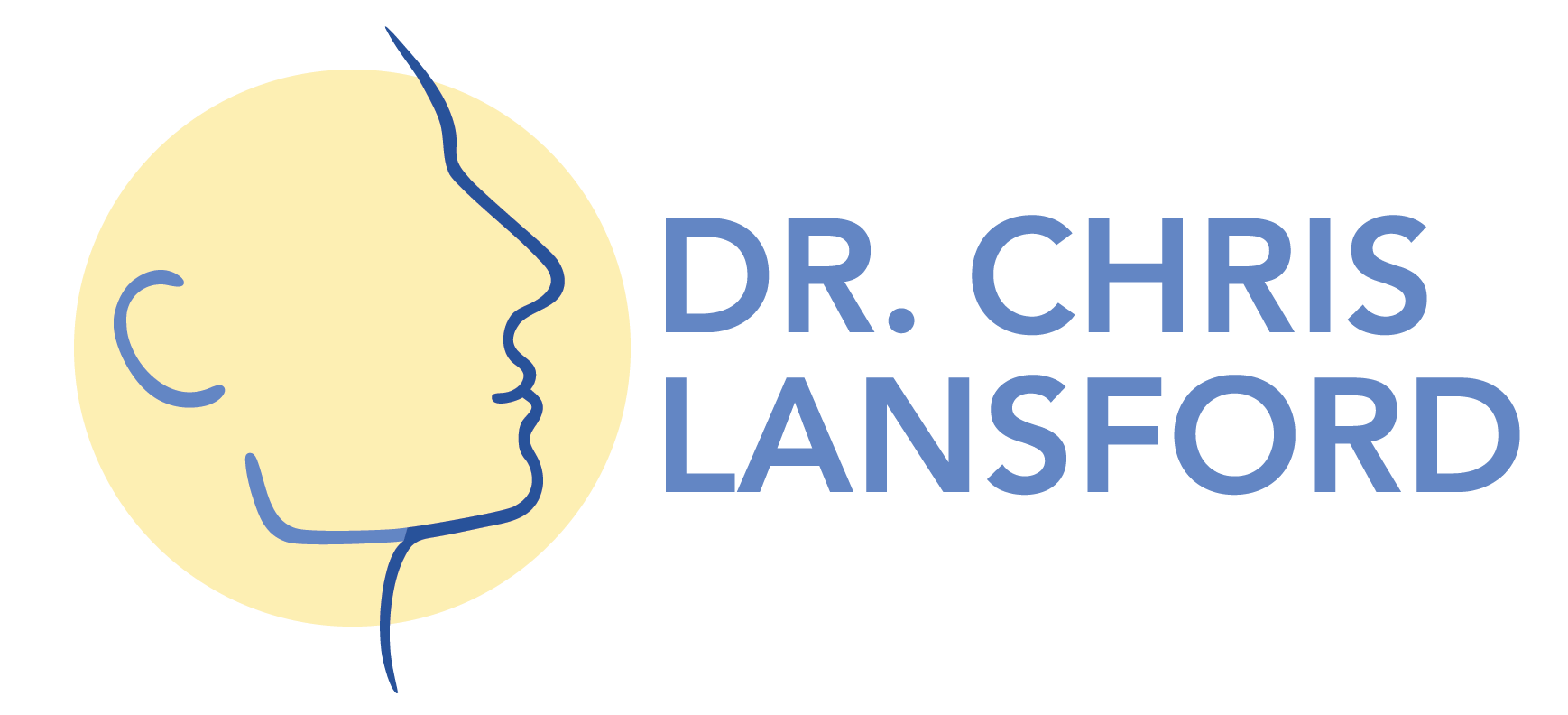Conditions: Graves’ Disease
(also known as Toxic Diffuse Goiter)
What is graves’ disease?
Graves' disease, also known as toxic diffuse goiter, is an autoimmune disorder that primarily affects the thyroid gland and causes hyperthyroidism and eye problems. In this disease, the immune system mistakenly attacks the thyroid gland, causing it to become enlarged and produce excessive amounts of thyroid hormone, resulting in hyperthyroidism.
who gets graves’ disease?
Graves’ is fairly common, occurring in 0.5% of males and 3% of females. Time of onset is ordinarily between ages of 40 and 60, but can develop at any age. It is the most common cause of hyperthyroidism in the United States.
Genetic appears to confer some risk for development of Graves disease. Persons are more likely to be affected if they have a family member with the disease. If one twin is affected, a 30% chance exists that the other twin will also have the disease. Those with other autoimmune diseases, such as type 1 diabetes and rheumatoid arthritis, are more likely to be affected.
The onset of disease may be triggered by physical or emotional stress, infection, or giving birth.
Smoking increases the risk of getting the disease and more smoke exposure correlates to greater severity of eye problems.
What problems does Graves disease cause?
Graves’ disease is commonly associated with a goiter (enlarged thyroid gland) and hyperthyroidism with its characteristic symptoms. Graves’ disease also causes eye problems associated with swelling to the muscles that move the eyeballs. This leads to a bulging forward of the eyeballs, called exophthalmos, creating an unnatural appearance to the eyes and also promoting dry eyes, chemosis, eye discomfort, swelling of eyelids, tearing, and redness. The optic nerve also becomes stretched and compressed, causing difficulty seeing colors, decreased vision, and/or visual field defects, The swelling of the eye muscles may progress over time, but is not reversible, even after control of the thyroid problem itself.
What causes Graves’ Disease?
An autoimmune disease, such as Graves’ disease, occurs when an individual’s immune system attacks normal tissues. In Graves’ disease, the immune system produces antibodies that (unfortunately) bind to the TSH receptor on the thyroid cells. This antibody, called “thyrotropin receptor antibody” and also “TSH receptor binding antibody,” inappropriately over-activates the TSH receptor, driving the over-production of thyroid hormone. The antibodies attached to the TSH receptor also attract additional inflammation of the gland.
How is Graves disease diagnosed?
Graves disease may be diagnosed by a patient having hyperthyroidism (elevated free T4 and low TSH blood levels) and a diffuse enlargement of the thyroid gland (goiter). An ultrasound may be very helpful in demonstrating the diffuse aspect of thyroid enlargement, differentiating it from a thyroid with one more more enlarged nodules.
To clarify any remaining diagnostic uncertainty, any one or more of these methods may be utilized:
Thyrotropin receptor antibody (also called TSH receptor binding antibody) testing, Modern antibody testing has high sensitivity and specificity for the diagnosis of Graves’, on the order of 97% and 99%, respectively.
Radioactive iodine uptake scan, which is typically increased in all areas of the thyroid gland, or
Demonstration of evenly and diffusely increased vascularity on Doppler flow ultrasonography.
How is Graves disease treated?
Essentially, there are three treatment options for Graves’ disease:
Radioiodine therapy
Medications
Thyroid surgery
These treatments are detailed below.
Eye problems may require additional treatment, though a key element is to avoid tobacco smoke entirely!
Radioactive iodine ablation therapy
Radioiodine ablation therapy involves taking iodine-131 by mouth, which is then concentrated in the thyroid and injures it over weeks to months. Hypothyroidism commonly results, and is treated with synthetic thyroid hormones. Treatment with radioiodine does have risk of creating or worsening eye disease.
Patient factors that favor use of radioactive iodine include:
When a patient is unable to take anti-thyroid drugs due to liver disease or a prior severe adverse reaction.
Women who are willing to avoid pregnancy for at least 6–12 months after Radioiodine therapy
Patients with increased surgical risk (comorbidities, prior neck surgery or neck radiation)
Lack of access to high-volume thyroid surgeon
Medications for Graves’ Disease:
Antithyroid drugs (such as methimazole and propylthiouracil) may be effective long-term and appear less likely to result in hypothyroidism than when a patient is treated with radioactive iodine. Antithyroid drugs may, however, rarely cause liver toxicity or a dangerous condition in which the bone marrow stops making blood cells (agranulocytosis). Monitoring for these toxicities does require periodic blood testing.
In patients found to be very hyperthyroid, a category of medicines called beta blockers may be used to control some of the symptoms of hyperthyroidism while antithyroid medications are taking effect.
Patient factors that favor use of medications for Graves’ disease include:
Patients with high likelihood of remission (resolution of the disease), including women, mild disease, small goiter, negative or low titers of thyrotropin receptor antibody
Elderly or those with comorbidities and increased surgical risk or short life expectancy
Patients with moderate to severe active Graves’ ophthalmopathy
Thyroid surgery for Graves’ Disease
Total thyroidectomy treats Graves disease by removing the driver of the the autoimmune process, Once completed, the individual will need to take a thyroid hormone pill daily long-term. Surgical risks of thyroidectomy include permanent hypoparathyroidism and vocal cord weakness.
Surgical thyroidectomy is especially useful when:
The thyroid is very large or compresses the airway or esophagus.
Patients have a low radioactive iodine uptake, as radioiodine therapy would not be very effective in that situation.
A patient has another (simultaneous) reason to undergo surgery involving the thyroid (thyroid cancer, hyperparathyroidism, suspicious thyroid nodules)
Patients with moderate to severe active thyroid eye disease
A female patient is planning pregnancy in less than 6 months and should avoid antithyroid drugs
HOW TO GET THE MOST FROM YOUR APPOINTMENT
Appointment time is valuable. Below are some suggestions to make the most of your appointment. This preparation will help you and your doctor maximize efficiency and accuracy, freeing up time for questions and answers.
This page





